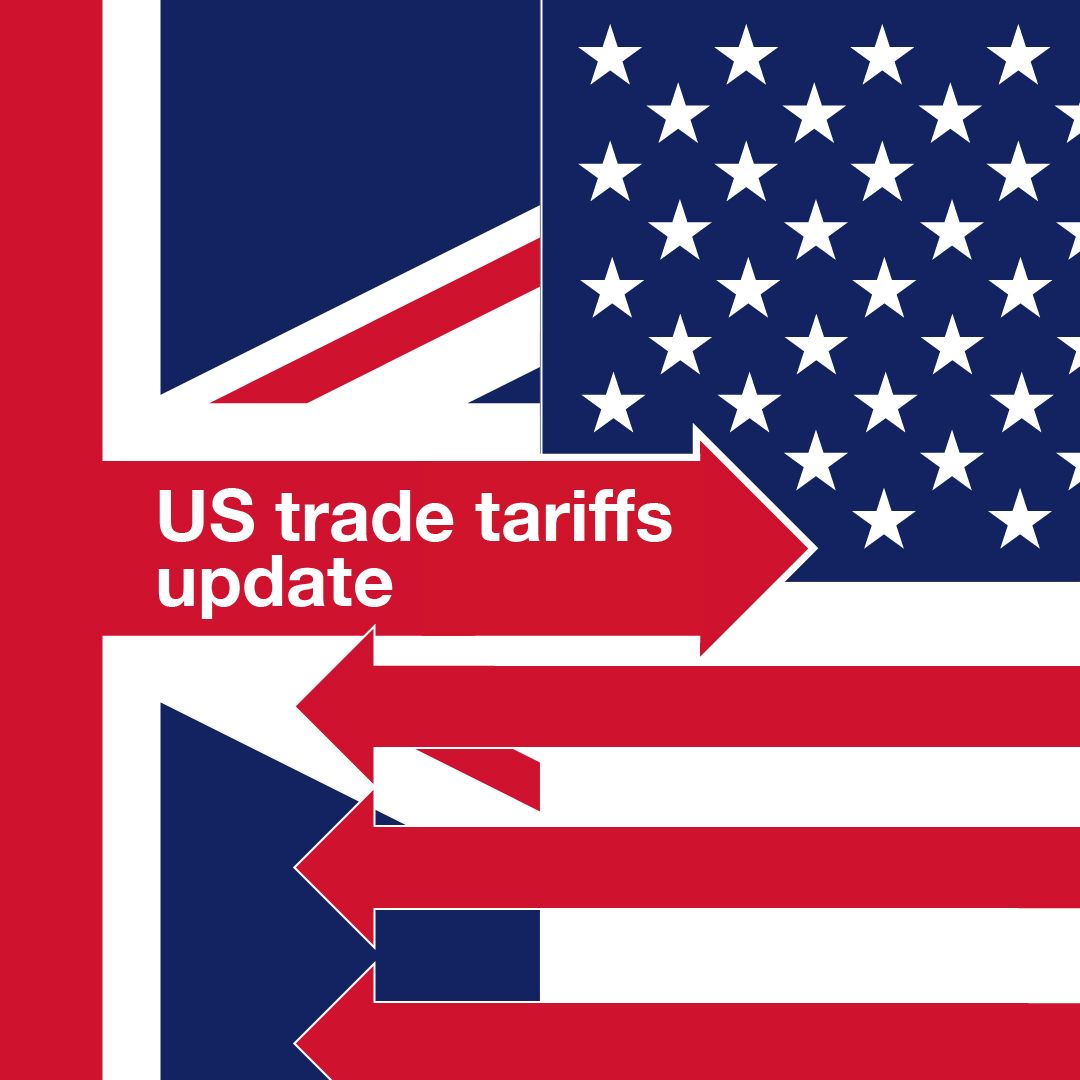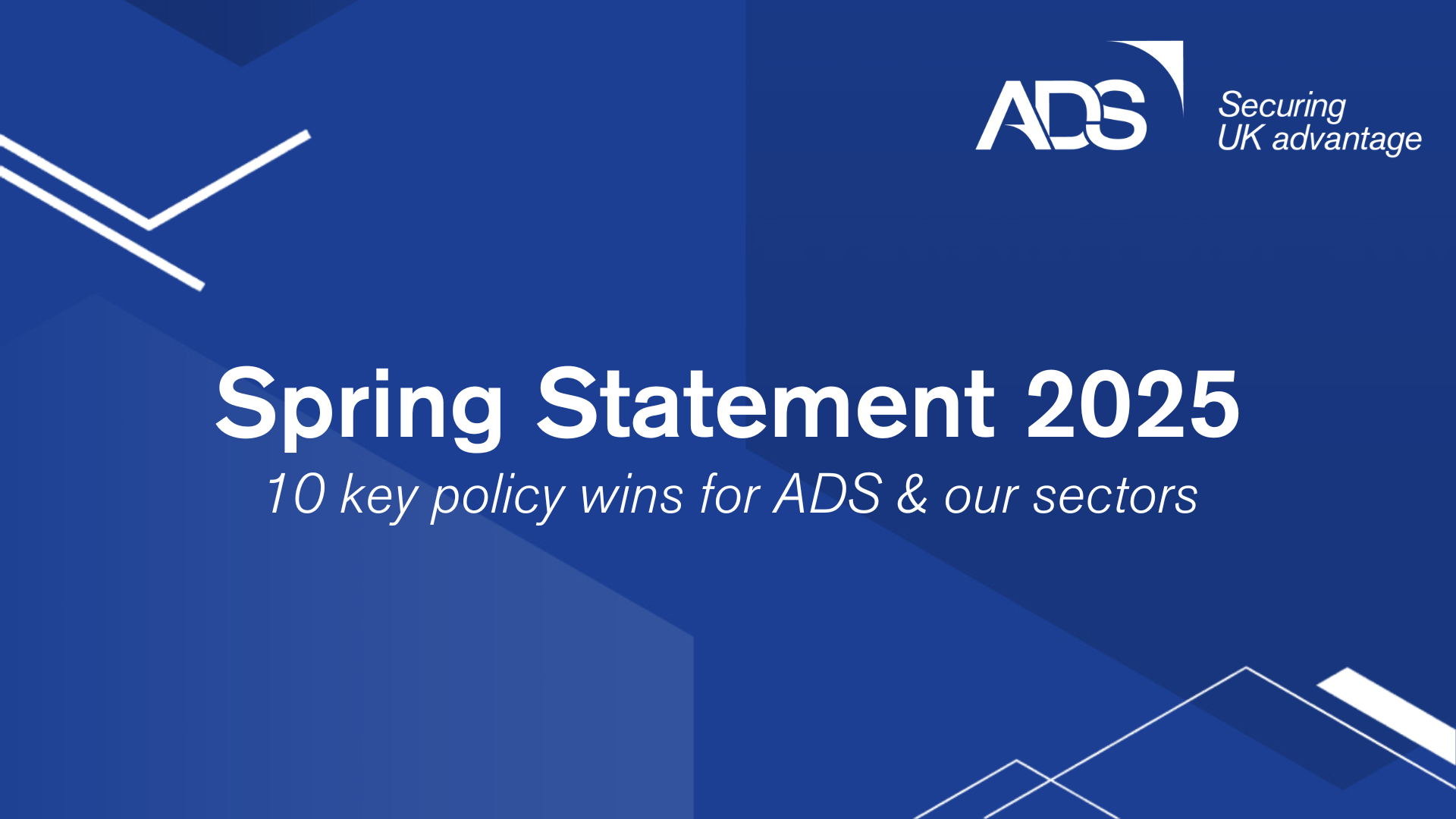
Today, the Prime Minister of India, Narendra Modi, will arrive in the UK for an official visit – the first by an Indian Prime Minister in nearly a decade. Mr Modi’s trip marks the latest in the UK Government’s long campaign to improve trade between the two countries and undoubtedly signals a deepening in relations between the UK and India.
While the defeat of his governing Bharatiya Janata party (BJP) in a key regional election over the weekend may point to cracks emerging in Mr Modi’s domestic support, it is clear that the Indian Prime Minister’s plans for economic reform still resonate internationally.
Since his election in 2014, Mr Modi has been praised by world leaders for his commitment to improving the ease of doing business in India and promoting inward investment. With the third largest Armed Forces in the world, 60 per cent of defence requirements met by imports, and opportunities worth INR 250 billion to avail defence offset obligations during the next 7-8 years, it is here that the UK Defence sector stands to gain from India’s new economic vision.
But if UK companies are to capitalise on the new opportunities India has to offer and repeat the success of previous big ticket sales made with the likes of the Hawk aircraft, it is imperative they receive strategic support from the UK Government to maximise their competitive edge. The fact that Eurofighter Typhoon was pipped to the post by France’s Rafale in 2012 in the race to become India’s next fighter aircraft is a case in point. Indeed, it has been argued that the close relationships cultivated between President Hollande’s administration and counterparts in India clinched the sale.
The forthcoming SDSR, scheduled for publication on 23 November, provides an opportunity to embed such strategic support across government. The UK government can promote defence trade by leveraging its relationships in target markets and adopting a more coordinated approach to sharing market intelligence. Every level within the UK government, from the Prime Minister through to in-country embassy and High Commission staff, has a role in building positive relationships with customer governments.
Embedding support for defence exports will give both the supplier and customer confidence by providing a clear and enduring framework for doing business with the UK. The Government need to ensure that doing business with the UK is made as simple as possible and that we can be flexible in meeting the customer’s need, tailoring packages to include training and support as well as products where required. The objective should be to take world-leading products and services that meet the needs of export customers and deliver them with a UK seal of approval through a simple, robust and transparent export system that inspires confidence in the acquired solution.
Given the SDSR will be delivered in a financial context that remains challenging, increasing Defence exports will be crucial if the UK is to sustain the industrial base that supplies the capabilities underpinning UK national security and economic prosperity. In this sense, India’s large and growing market not only makes it attractive to UK companies seeking to succeed overseas, but a no-brainer.





